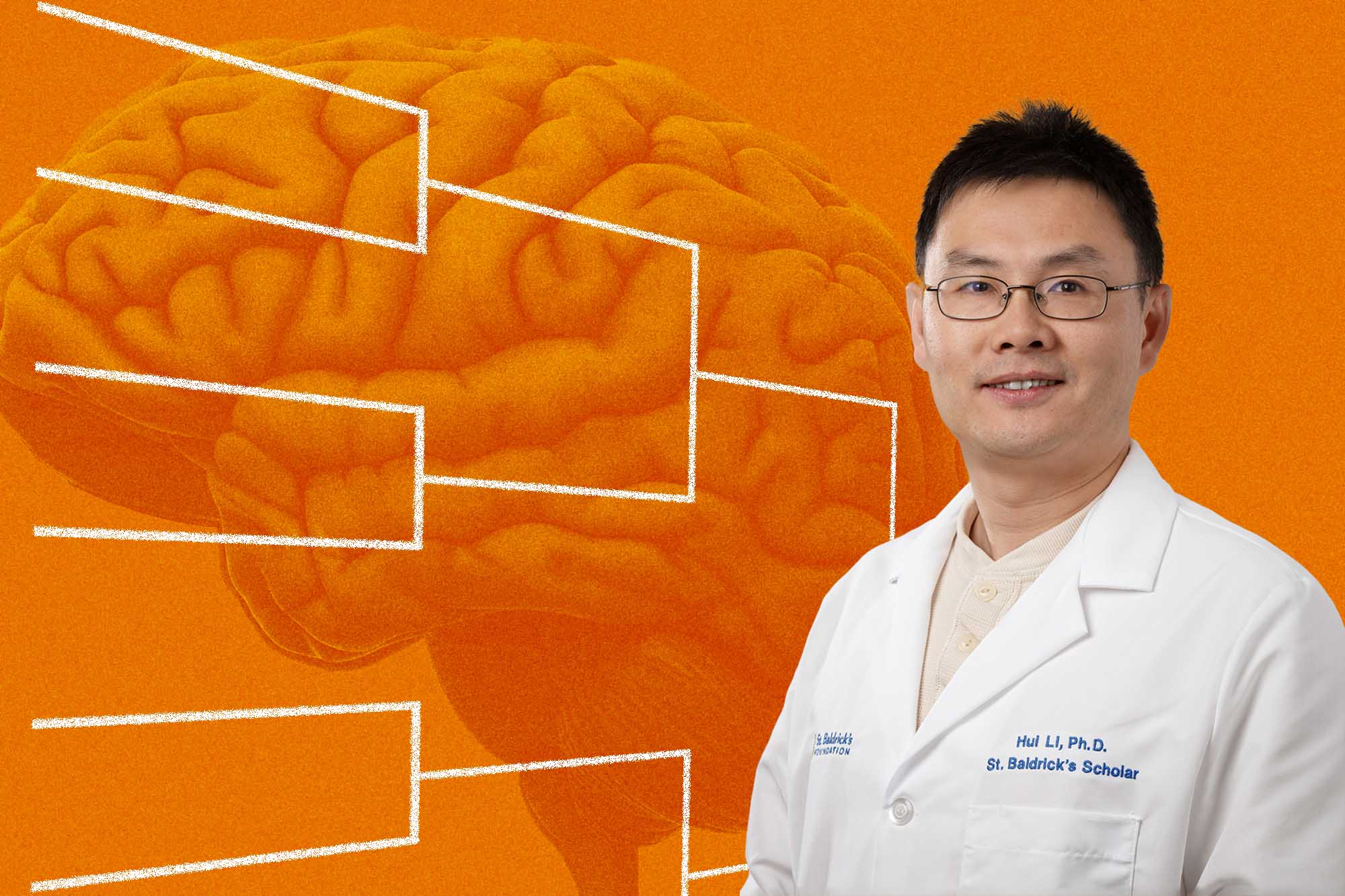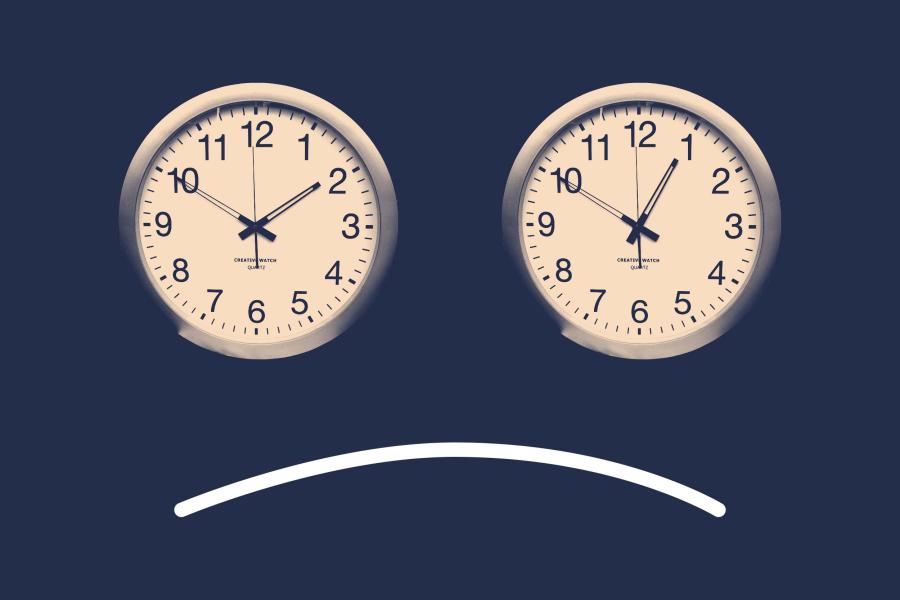Li and his colleagues say the oncogene they identified is essential to the survival of glioblastoma cells. Without it, the cancer cells die. Scientists have already developed many targeted therapies for other cancers with a similar “oncogene addiction,” and Li hopes his discovery will lead to more effective treatments for glioblastoma.
“We believe this AVIL gene is one of the Achilles’ heels of glioblastoma, and are working hard to figure out a way to target it,” he said.
The UVA lab faces some stiff competition from the West region, however: a collaboration between Scripps Research and the San Diego Zoo that seeks to save the northern white rhino by creating sperm and egg cells and implanting them into closely related surrogate mothers.
About STAT Madness
Li’s promising finding has already vanquished discoveries from The Rockefeller University and Massachusetts General Hospital in the first two rounds of STAT Madness, a competition sponsored each year by the health news site STAT.
STAT editors winnowed the initial 64 competitors from more than 130 submissions from universities and affiliated research institutions.
This is the third year in a row a major discovery from the UVA School of Medicine has made the cut.
To keep up with the latest medical research news from UVA, subscribe to the Making of Medicine blog.










